Buy-now-pay-later services have expanded rapidly in the United States, with 91.5 million users as of the latest data from financial services firm Empower. This surge in adoption has raised concerns among industry experts, including Nigel Morris, co-founder of Capital One and early investor in Klarna and other buy-now-pay-later companies. Morris expressed his unease about the trend, stating that people using BNPL services to buy basic necessities like groceries is a clear indication that many individuals are struggling financially.
According to a survey conducted by Lending Tree, 25% of BNPL users in the United States are utilizing these services to finance their grocery purchases. This shift away from discretionary purchases, such as designer bags and the latest Apple headphones, has Morris and other experts worried about the long-term implications of this trend. "To see people using BNPL services to buy something as basic and fundamental as groceries, I think is a pretty clear indication that a lot of people are struggling," Morris said during an interview at Web Summit in Lisbon.
Buy-now-pay-later services were initially marketed as a convenient option for consumers to finance discretionary purchases, with the expectation that they would pay back the borrowed amount in installments. However, data from Lending Tree suggests that many borrowers are struggling to repay their debts. The firm reported that a significant number of BNPL users are defaulting on their payments, which could have serious consequences for their credit scores and financial stability.
The rapid growth of BNPL services has been driven by the increasing popularity of online shopping and the convenience of these services. Companies like Klarna, Affirm, and Afterpay have partnered with major retailers to offer BNPL options to consumers. These services often have low or no interest rates, making them attractive to consumers who may not have the funds to pay for purchases upfront.
Industry experts are calling for greater regulation of the BNPL industry to prevent the exploitation of vulnerable consumers. "We need to be careful not to create a system that encourages people to take on debt they may not be able to afford," said Morris. "We need to make sure that these services are transparent and that consumers understand the terms and conditions of their loans."
As the BNPL industry continues to grow, regulators and industry experts will be closely monitoring the trend to ensure that consumers are protected from predatory lending practices. The future of BNPL services will depend on their ability to balance convenience with financial responsibility, and to provide consumers with transparent and affordable options for financing their purchases.




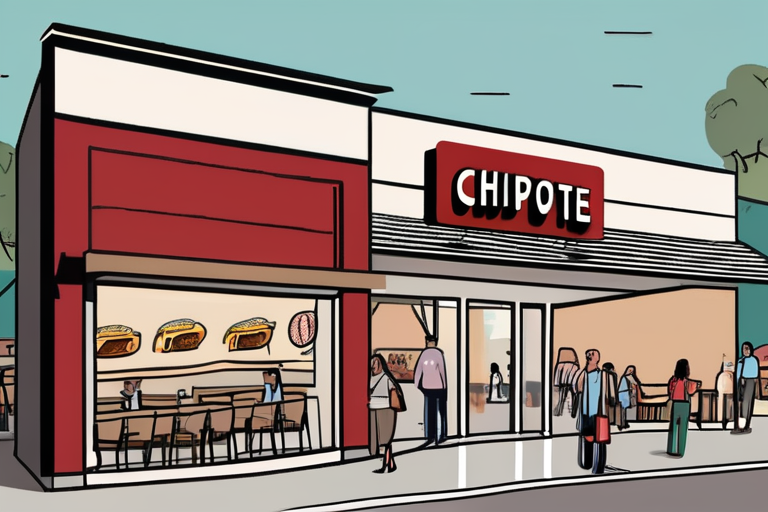

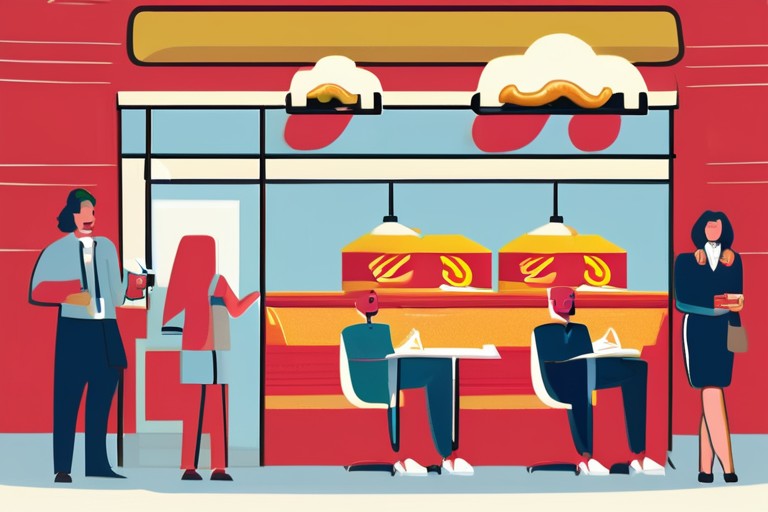
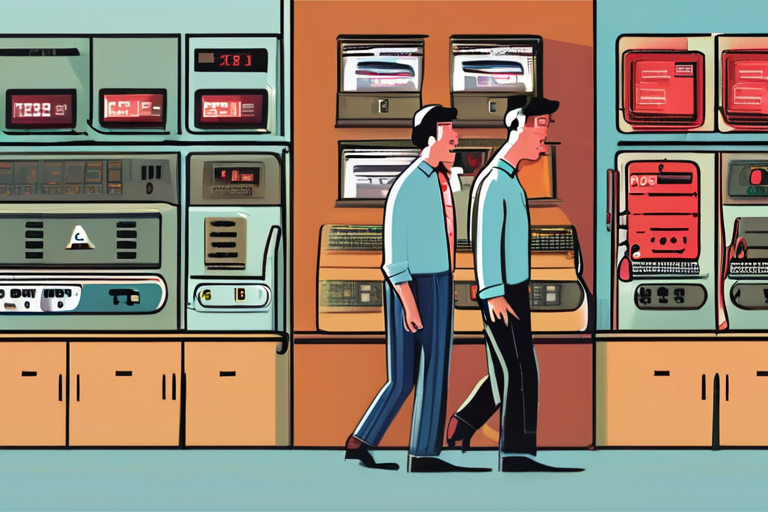




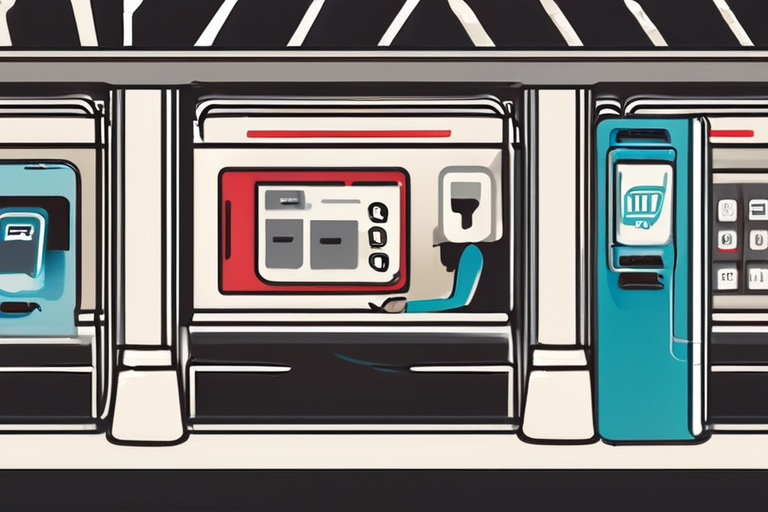

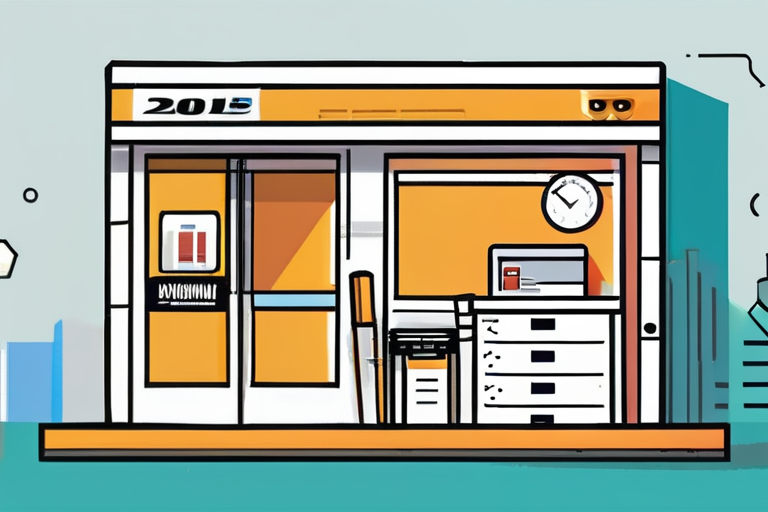

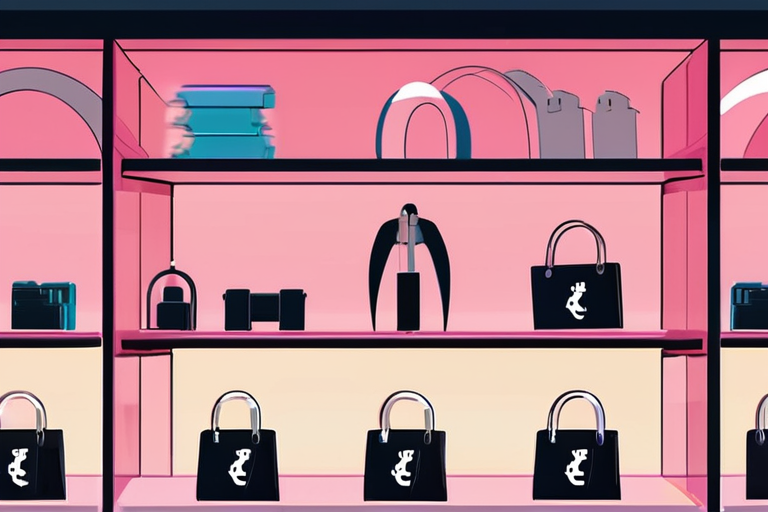
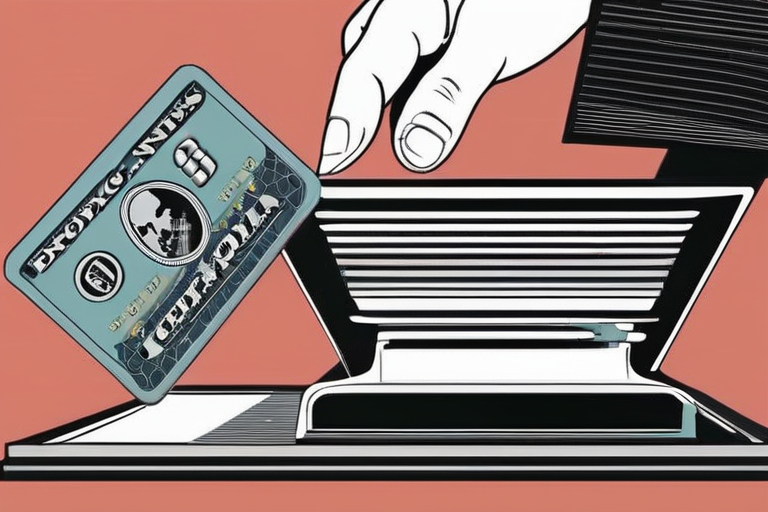


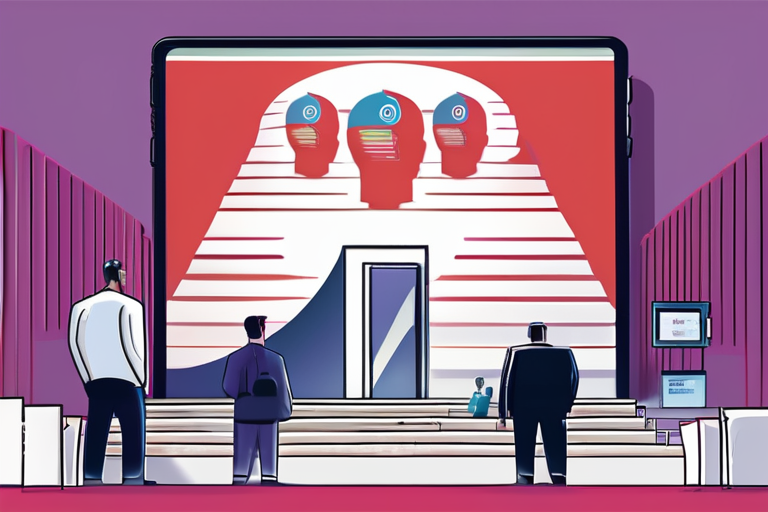

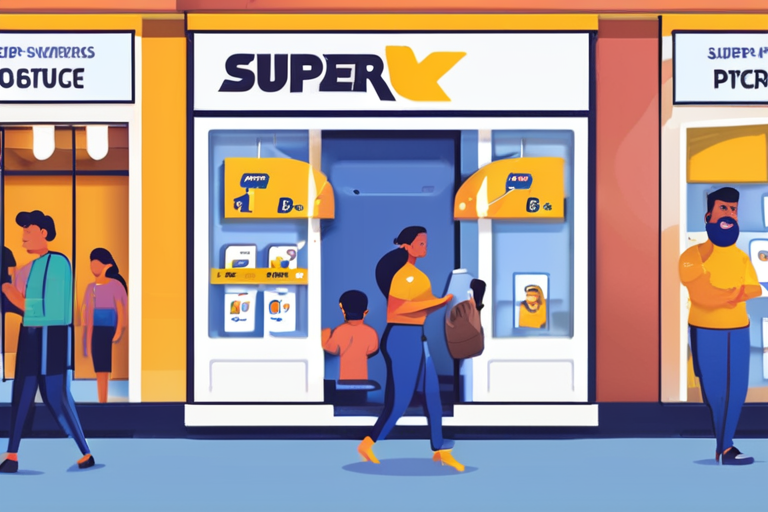


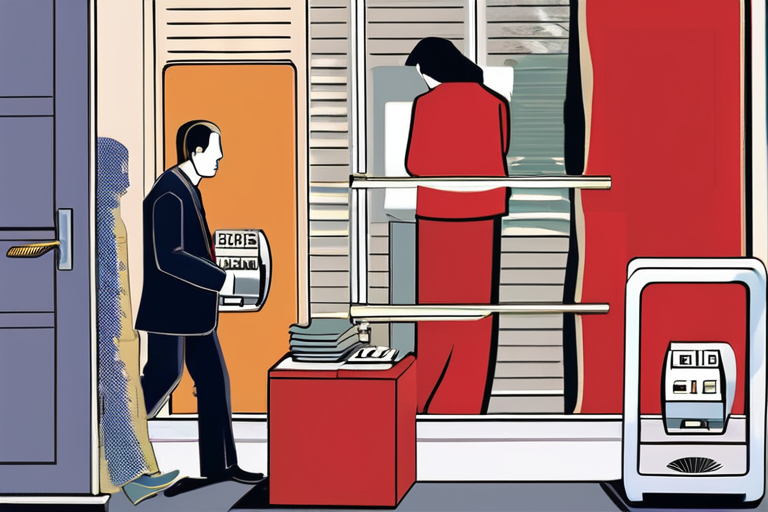
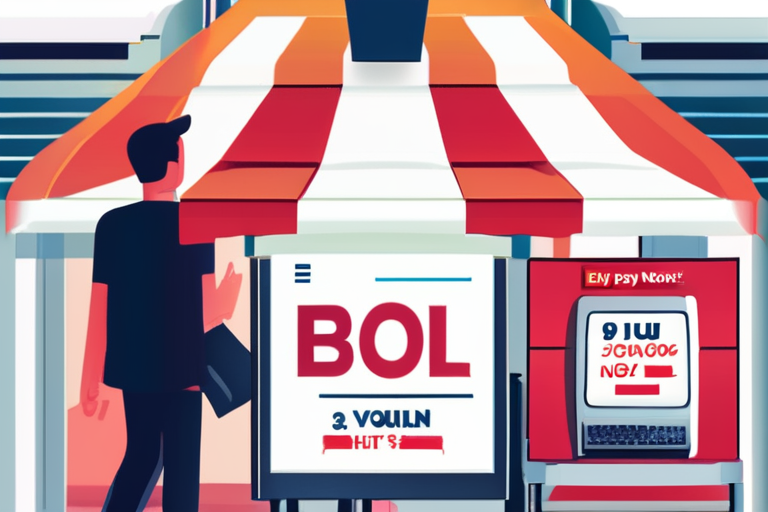
Share & Engage Share
Share this article